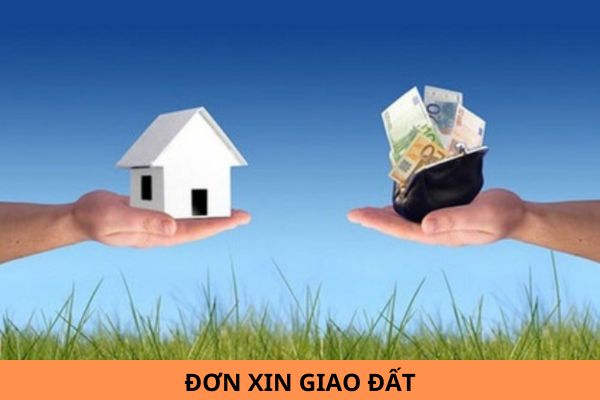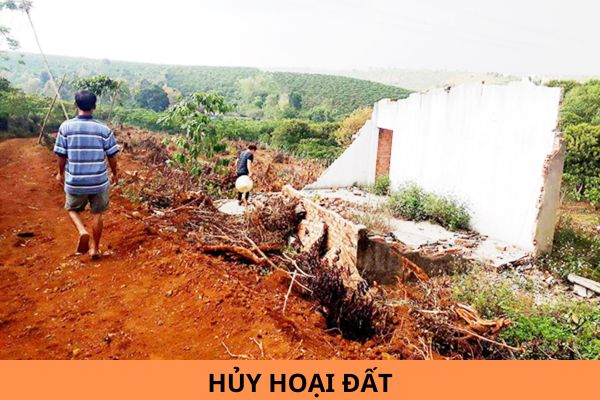If my wife rents out our house without consulting me, can I get our house back in Vietnam?
If my wife rents out our house without consulting me, can I get our house back in Vietnam? What does content of housing agreement in Vietnam comprise?
Hello Lawyers. My wife and I have a common property of 2 houses. I live in an apartment and have a house left over, in my name, but because I'm not at home on business trips, when someone asks about subletting the house, my wife arbitrarily rents it out without my opinion. So can i get my house back?
Please advise. Thankyou.
If my wife rents out our house without consulting me, can I get our house back in Vietnam?
Article 119 of the Law on Housing 2014 stipulates requirements pertaining to parties in the housing transactions, according to which:
1. Any entity who sells, leases, leases and sells housing, transfers agreements on commercial housing sale, gives, exchanges, bequeaths, mortgages, lends, permit to stay in housing, or authorizes housing management must satisfy the following requirements:
a) He/she is the homeowner, or the person permitted and authorized by the homeowner to enter into housing as prescribed in this Law and law on civil; if the agreement of commercial housing is transferred, he must be the buyer for housing of the investor or the transferee of the agreement on housing sale;
b) If the entity is a person, he must have full civil capacity to enter into transactions in housing as prescribed in law on civil; if the entity is an organization, it must have legal personality, except for the organization giving house of gratitude.
2. If the entity who buys, rents, rents and purchases housing, or receives agreements on commercial housing sale, receives housing exchange, gives, inherit housing, receives housing as capital contribution or mortgage, borrows, or stays in housing, or is authorized to manage housing is a person, he/she must satisfy following requirements:
a) If the entity is a Vietnamese person, he/she must have full civil capacity to enter into transactions in housing as prescribed in law on civil and he/she is not required to register permanent residence in the place where the house under transactions is located;
b) If the entity is a foreign person, or an oversea Vietnamese, he/she must have full civil capacity to enter into transactions in housing as prescribed in Vietnamese law, qualify for the homeownership in Vietnam as prescribed in this Law and he/she is not required to register temporary or permanent residence in the place where the house under transactions is located.
3. If the entity who buys, rents, rents and purchases housing, or receives agreements on commercial housing sale, receives housing exchange, gives, inherit housing, receives housing as capital contribution or mortgage, or is authorized to manage housing is an organization, it must have legal personality regardless of place where it sets up or registers business; if the entity is a foreign organization, it must qualify for the homeownership in Vietnam as prescribed in this Law; if it is authorized to manage housing, it must provide real estate services and run business in Vietnam as prescribed in law on real estate trading.
According to Article 117 of the 2015 Civil Code on conditions for effective civil transactions, according to which:
1. A civil transaction shall be effective when it satisfies all of the following conditions:
a) Participants in the transaction have legal personality and/or legal capacity in conformity with such transaction;
b) Participants in the transaction act entirely voluntarily;
c) The purpose and contents of the transaction are not contrary to the law and/or social ethics.
2. The forms of civil transactions shall be the conditions for its effectiveness in cases where it is so provided for by law.
Pursuant to Article 122 of the 2015 Civil Code stipulating invalid civil transactions, according to which:
Civil transactions which fail to satisfy any one of the conditions specified in Article 117 of this Code shall be invalid.
In addition, Article 131 of the 2015 Civil Code provides for legal consequences of invalid civil transactions;
1. An invalid civil transaction shall not give rise to, change or terminate any civil rights and obligations of the parties as from the time the transaction is entered into.
2. When a civil transaction is invalid, the parties shall restore everything to its original state and shall return to each other what they have received.
If the restitution is not able to make in kind, it may paid in money.
3. A bona fide person in receiving yield and/or income is not required to return such yield and/or income.
4. The party at fault which caused damage must compensate therefore.
5. The settlement of consequences of invalid civil transactions regarding personal rights shall be prescribed in this Code and relevant laws.
Thus, if your wife arbitrarily leases the house which is the common property of the couple without consulting you, this rental transaction is considered invalid in Vietnam and the parties restore everything to its original state and return to each other what they have received.
What does content of housing agreement in Vietnam comprise?
Pursuant to Article 121 of the 2014 Law on Housing, housing agreement includes:
A housing agreement shall be concluded by contracting parties and made in writing, including:
1. Full names of individuals, names of organizations and addresses of contracting parties;
2. Description of characteristics of the house and the piece of land attached to that house. Regarding agreements on apartment sale or lease purchase, contracting parties must state the common areas or common-using areas; private areas; floor area; purposes of the common areas or common-using areas in the apartment building according to approved design;
3. The value of contributed capital, the transaction price of housing if there is a term on pricing in the agreement; regarding transactions in housing sale, lease, or lease purchase which is regulated pricing by the State, contracting parties shall comply with that regulations;
4. Deadline for and method of payment regarding transactions in housing sale, lease, lease purchase or transfer of agreements on housing sale;
5. Deadline for housing transfer; housing warranty duration regarding transactions in buying or renting and buying new house; terms of agreements on housing lease, lease purchase, mortgage, lending, permission for stay, authorization of housing management; deadline for capital contribution;
6. Rights and obligations of contracting parties;
7. Commitments of contracting parties;
8. Other agreements;
9. Effective date of the agreement;
10. Date of agreement;
11. Signatures and full names of contracting parties, or stamps (if any) and positions of the signatories regarding organizations.
According to this Aritcle, a legal housing contract when conducting housing transactions must contain all of the above-mentioned contents in Vietnam.
Best Regards!











